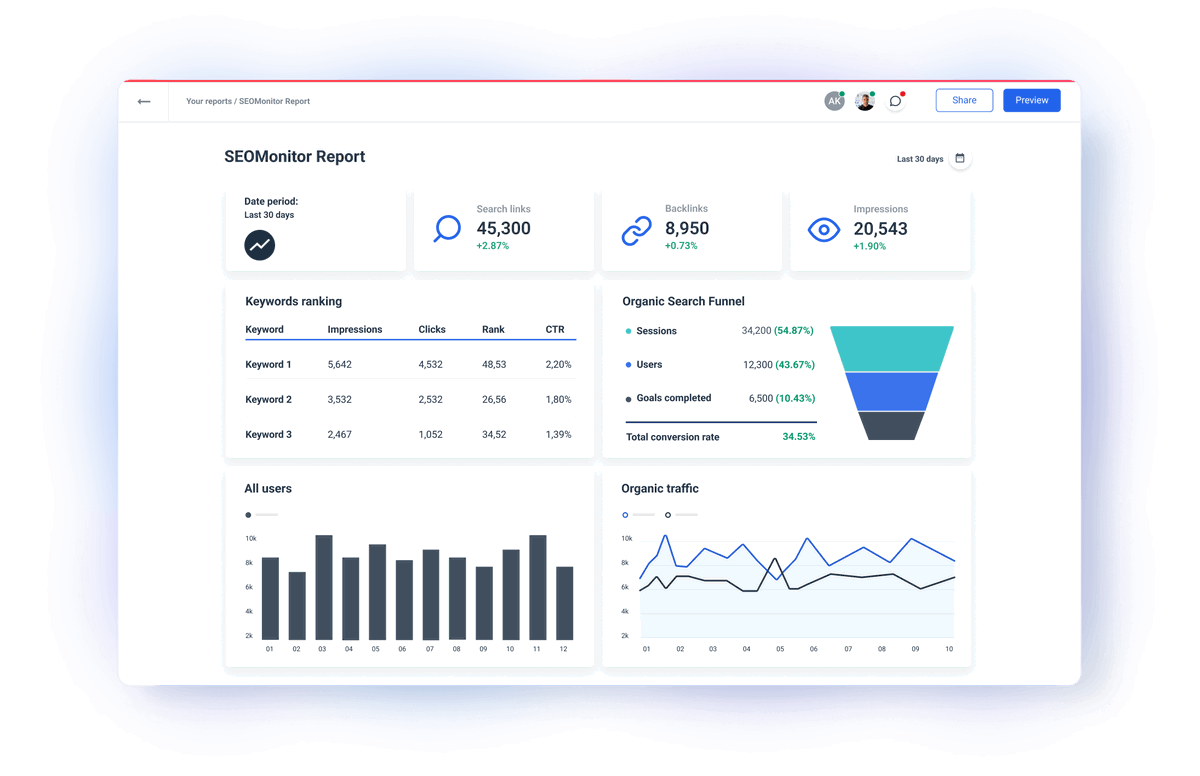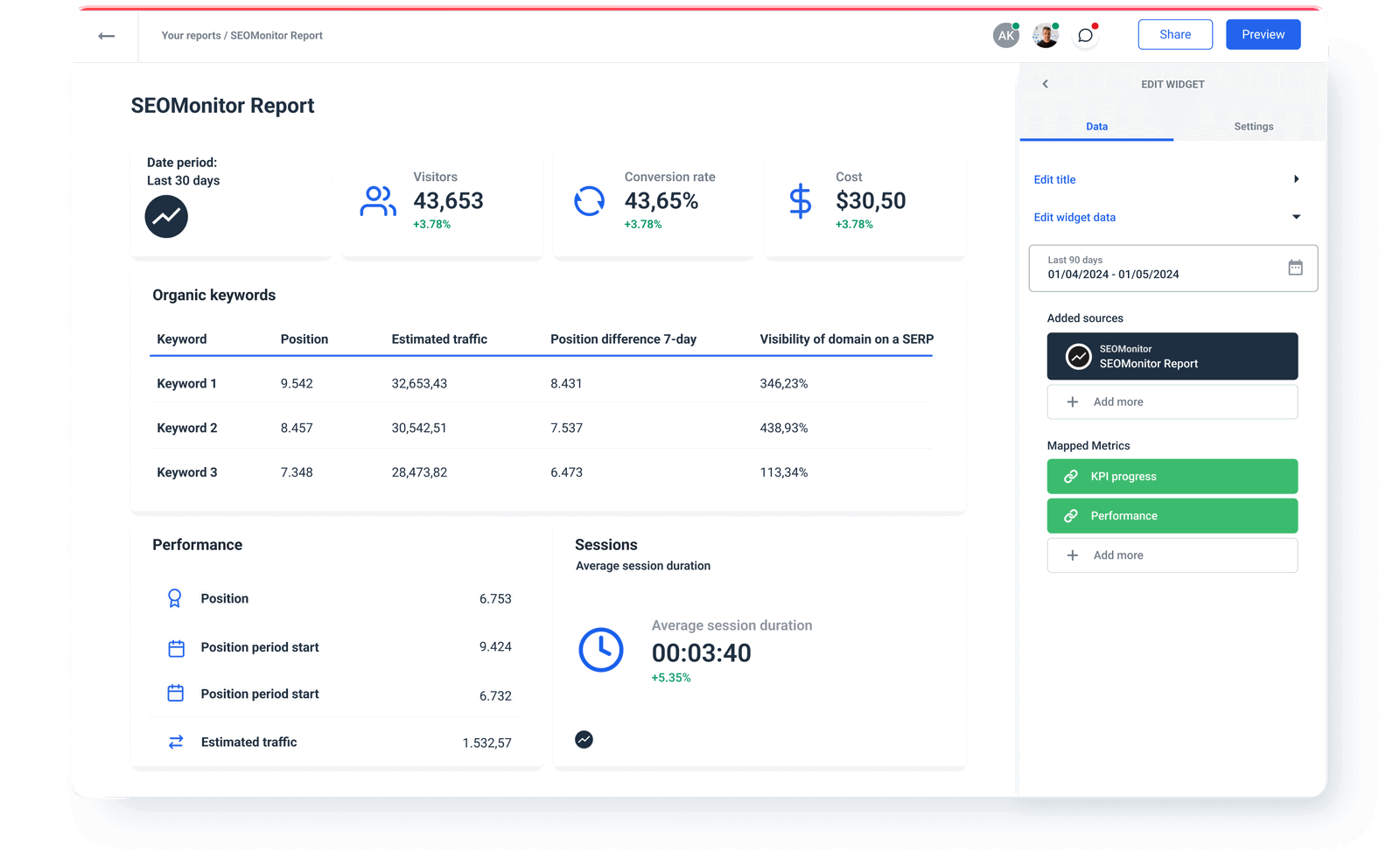Are you truly seeing the full picture of your Search Engine Optimization (SEO) efforts? In a digital landscape where visibility is currency, a comprehensive SEO strategy isn't just about ranking it's about understanding every facet of your online presence.
In todays fast-paced digital sphere, the tools and techniques used to stay ahead of the curve are constantly evolving. SEO, the art and science of improving a website's visibility in search engine results pages (SERPs), has become incredibly complex. Many SEO professionals rely on rank tracking tools to monitor their website's performance, but the most effective strategies go far beyond simple rank tracking. A truly effective strategy, a 360-degree approach, integrates multiple data points to get the full picture.
One of the most powerful tools in an SEO's arsenal is the Rank Tracking API. But what exactly is it, and how can it revolutionize your strategy? Simply put, a Rank Tracker API is a potent tool that integrates seamlessly with your existing system, enabling you to closely monitor and analyze a websites performance within the dynamic world of SERPs. This integration allows for in-depth monitoring and analysis.
When you choose the right SEO platform, this tool can become the backbone of your data-driven decisions. For instance, consider AuthorityLabs and Seomonitor. These platforms are designed to give you the comprehensive data you need to create a strategy that is not just visible but successful. The difference is in the details the data, the insights, and the ability to act on them. Industry leaders often choose platforms like AuthorityLabs for their comprehensive solutions and robust SEO data.
The heart of a robust SEO strategy involves understanding how your website is performing across multiple key performance indicators (KPIs). This is where a Rank Tracker API shines. Unlike traditional SEO tools that simply show you where you rank for a specific keyword, these APIs provide a wealth of information to enrich your strategy.
A crucial aspect of a successful SEO strategy is the ability to seamlessly integrate various tools and data sources. This can include the ability to easily integrate with platforms like Looker Studio and Google Sheets, or even custom applications through APIs, removing the need for additional expenses. The ability to integrate the data with the other platforms and to have the access to the data that is being used for multiple purposes, makes it a complete solution.
The latest iteration of SEO tools is a testament to how far the industry has come. The new API 3.0, which is now live, offers a refined approach. It enhances data coverage and, because of the improvements, the data access is cleaner, and the generation of reports is more streamlined. The emphasis on improved data coverage, improved organization, and clearer documentation means that SEOs can access more information. This streamlined experience allows for deeper insights and smarter decision-making.
Here's a breakdown of what the Rank Tracker API can do and how it can improve SEO endeavors:
- Automated Workflows: These APIs empower SEOs to automate routine tasks. Whether its extracting data, generating reports, or alerting teams to important shifts in rankings, automation streamlines processes, saving time and improving efficiency.
- Custom Report Building: The customization options that come with these APIs let users design reports that are exactly what they need. It ensures the most important data is highlighted and presented in the format that works best for the user.
- Integration with Existing Systems: Integration is key. These APIs integrate easily with the platforms and tools that the user is already using. This gives the user a more cohesive workflow.
Many platforms now provide their own APIs to empower your SEO efforts. For example, the Seomonitor API grants programmatic access to key data: keyword rankings, website traffic, and other critical SEO metrics. These APIs allow users to construct custom reports, automate workflows, and integrate data directly into their applications, giving them the ability to control their data and workflow.
Platforms, like Seomonitor, often provide the ability to scrape your own SEO data, including keywords, landing pages, and competitor analysis. This offers customization and control over how the user can extract and monitor their data. This means that data can be exported, analyzed, and used to improve SEO performance.
The following table shows how a Rank Tracker API empowers SEO efforts and provides the ability to extract data and analyze it.
| Feature | Description | Benefits |
|---|---|---|
| Keyword Tracking | Monitors keyword rankings across different search engines and locations. | Identifies top-performing keywords, tracks progress over time, and informs content strategy. |
| Competitive Analysis | Tracks competitor rankings, identifies their strategies, and benchmarks performance. | Gains insights into competitor tactics, identifies opportunities, and adjusts your approach. |
| SERP Analysis | Provides detailed data on search engine results pages, including features like snippets and knowledge panels. | Understands SERP dynamics, optimizes for rich results, and increases visibility. |
| Reporting and Visualization | Offers tools to generate custom reports and visualize data, making it easy to understand performance. | Communicates results effectively, tracks progress, and informs stakeholders. |
| Data Integration | Integrates with other marketing and analytics tools to provide a holistic view of performance. | Connects data for cross-analysis, streamlines workflows, and improves decision-making. |


